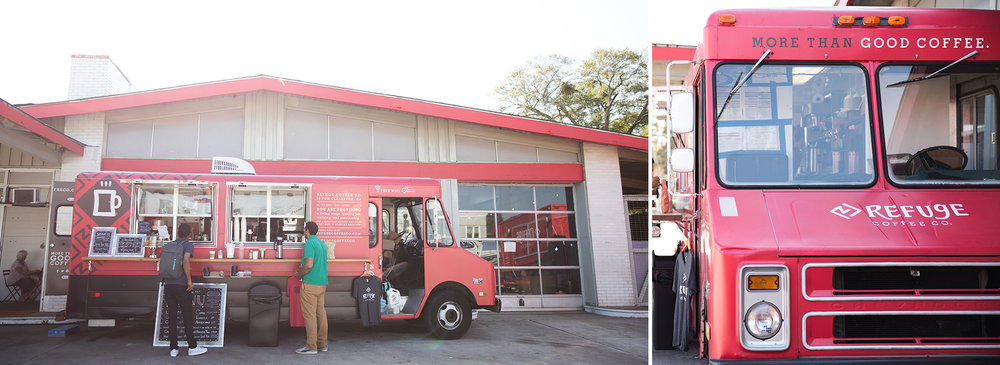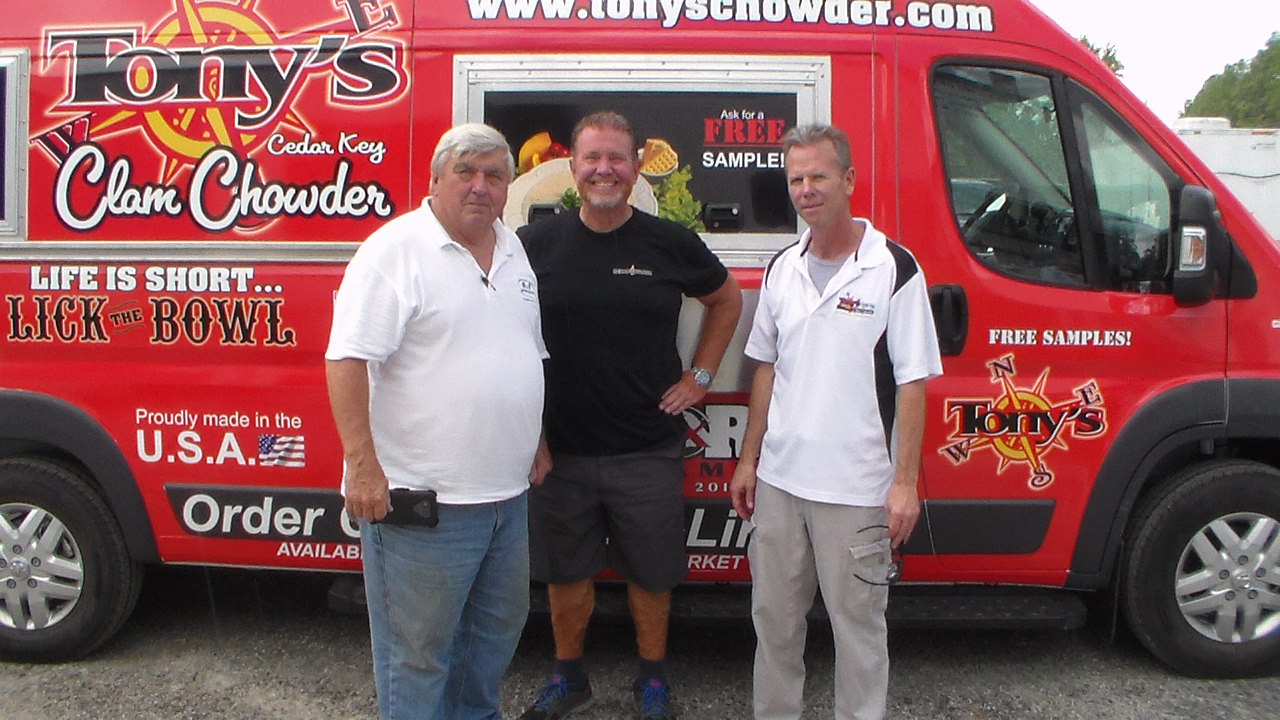The question of salary considerations for a food truck owner can easily be just as varied, finicky, and dependent as Concession Trailers, which we talked similarly about their many factors and end-of-day, or really year, profits here.
Many an entrepreneur flocks to the food truck industry in hopes of making success, wanting to open up a food-service operation of their own while only able to gather enough money to go the mobile route instead of the heavily expensive restaurant business; or simply going off the low-overhead idea and equating it towards a higher chance at big salaries at the end of the year.
Many a restaurant has used this idea to add to their lists of arguments, criticisms, and whining complaints against the influx of food trucks to their city, sourcing how much easier they supposedly are to open and their ability to hold whatever hours they want and steal their hard-worked business.

How much big of a paycheck can you expect on a food truck?
But do the trucks really have it so easy? True, starting costs are much lower, but so are the menu prices; a food truck business basically prices their food at the same cost-profit percentage as a restaurant does, so the money they’re making back is coming in at the same rate over time, if done well.
They may be able to go to various busy areas and open ‘when they want,’ but they also then have to deal with permits and restrictions to that, hard costs similar to the permits that restaurants deal with only having to deal with on a regular basis, and they clearly aren’t getting any customers in the many off hours that they’re not on the street, which may be a few hours in lunch and a few more if doing dinner. So at the end of the day, a successful food truck might make around the same yearly salary as a similarly-successful restaurant; and it’ll take just as many years and hours of hard work to break even and get out of debt.
The “Average” Salary
So then how much DOES a food truck typically make in a year’s worth of work? Of course it heavily depends, a giant factor, unsurprisingly, being where you’re located and what kind of truck you own, along with success in building a customer base.
Those based in one of our major, high-traffic metro cities have been able to pull in a range of $20-50,000 of sales each month; these are also usually the more specialty-based, ‘hi end/gourmet’ market truck operations. In contrast, those stationed in some of the not-so-major, but still feasibly populated and metro, cities, or the more ‘entry market’ styles offering hot dogs, deli sandwiches, simpler lunches, etc, will end up pulling in notably less. The general range for these can be anywhere between $5-16,000 a month. Of course there are outliers, those unfortunate enough to not operate or market their truck effectively and plummet their chance for sales, or big city trucks that get really famous and popular and end up pulling $1-2 million a year; but again, those sorts of stats should be ignored at this point in time.
In reality, a certain percentage of food trucks and restaurants are going to fail, some will earn average incomes, and others will be extremely lucrative. These numbers show, however, that if you’re able to find a decent market and work hard to make good food, which people will pick up on and come back for more, then one can find themselves up to a strong yearly salary after getting established. And then you go and continue on with your newfound career.
How Much Can a Food Truck Make?
There are also many food trucks that have proved it’s possible to make well above average potential profits. One well known example is Cousin’s Maine Lobster that was valued at over a $800,000 per year business with just one truck. The company has since grown to start a franchise business and e-commerce business and now has a valuation of many millions of dollars per year.
Another well above-average success story is from M&R Specialty Trailers and Trucks customer MShack. In the first 12-months of owning a food truck, the company generated $300,000 in revenue and only invested $60,000 total on the truck.
If you’re willing to work hard, have a winning concept, and take the leap. The upside potential of this business model is there.


Leave A Comment